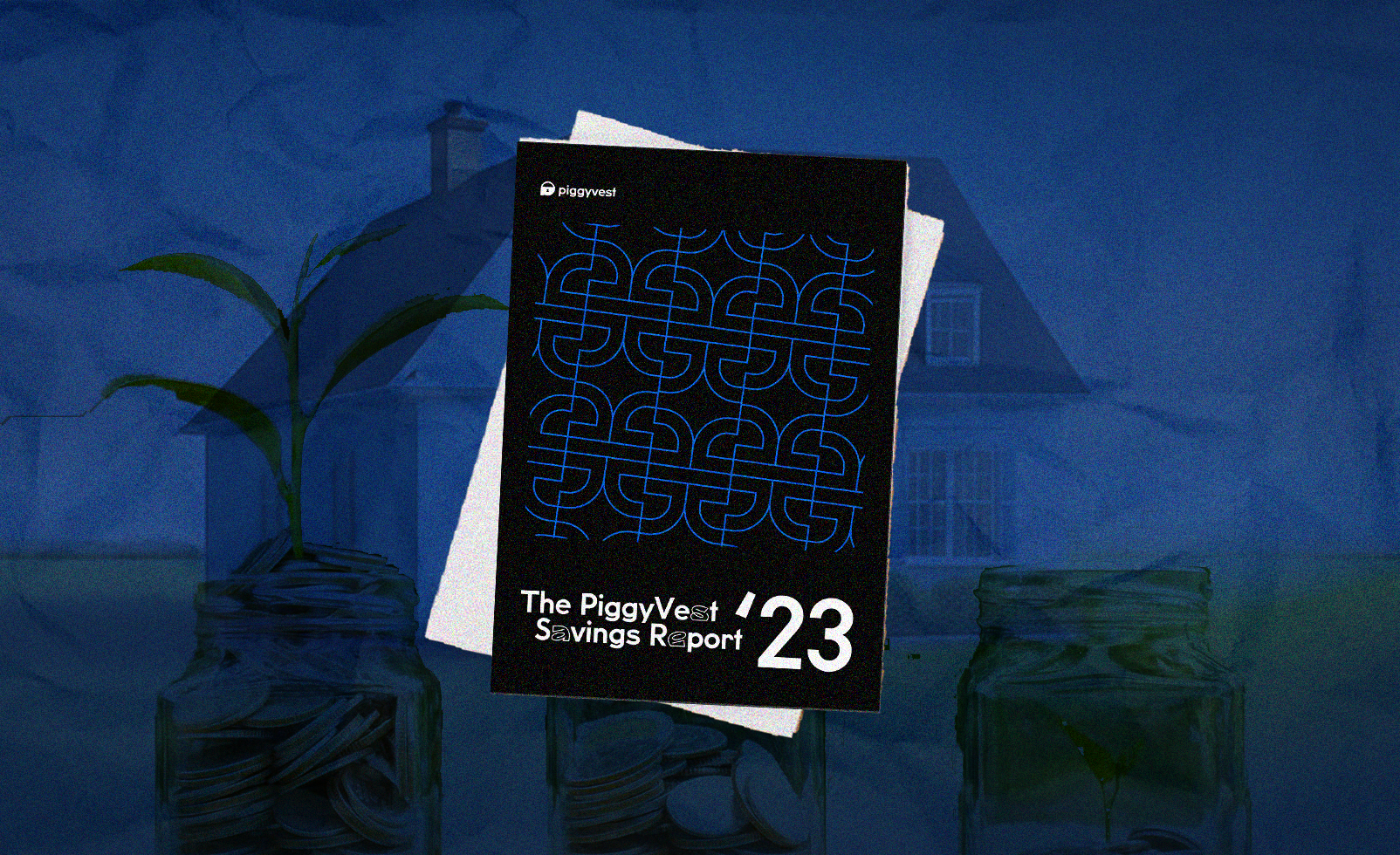Nigeria's GDP Grows but Real Estate Service and Construction Sectors Contract
Dolapo Omidire . 6 years ago
construction
foreign exchane
gdp
nbs
nigeria
property
real estate

Share this post
Subscribe to our newsletter
After 5 consecutive quarters of negative growth, Nigeria has emerged out of recession with a growth rate of 0.55% during Q2:2017, less than 1% higher than the -0.91% noted in the first quarter. The recovery was largely driven by an increase in oil production which came in at ~1.8million barrels per day during Q2:2017 and…
After 5 consecutive quarters of negative growth, Nigeria has emerged out of recession with a growth rate of 0.55% during Q2:2017, less than 1% higher than the -0.91% noted in the first quarter. The recovery was largely driven by an increase in oil production which came in at ~1.8million barrels per day during Q2:2017 and a significant improvement in foreign currency liquidity.
Unfortunately, growth in the real estate service & construction sectors did not follow a similar trend as both sectors grew at a slower pace relative to the preceding period (2017:Q1) at 0.13% and -3.53% respectively.
[visualizer id=”7532″]
The Nigerian construction sector, which was in recession from Q2:2015 to Q4:2016 swung to growth in the first quarter of 2017 as increased access to foreign currency supported a minor reduction in costs within the highly import dependent sector. The growth rate of 0.15% noted during Q1:2017 was a significant improvement to the -6.03% recorded during the final quarter of 2016. However, this trend was not sustained as Q2:2017 saw the construction sector grow at 0.13%, 2 basis points less.
The real estate service sector, which records the sum of fees for services rendered through data retrieved from tax authorities, grew at -3.53%, less than the -3.03% noted during Q1:2017.
The performance of both sectors during Q2 demonstrate that improved access to foreign exchange will not be enough the foster notable growth. Lower purchasing power as a result of the devaluation and higher general costs of living put together with the high interest rate environment are making it very difficult for the built sector to thrive.
Related News
You will find these interesting

Bisi Adedun . November 14, 2023
Africa Investment Forum
AIF

Bisi Adedun . November 08, 2023
housing
personal finance

Bisi Adedun . October 27, 2023
Century city
New City